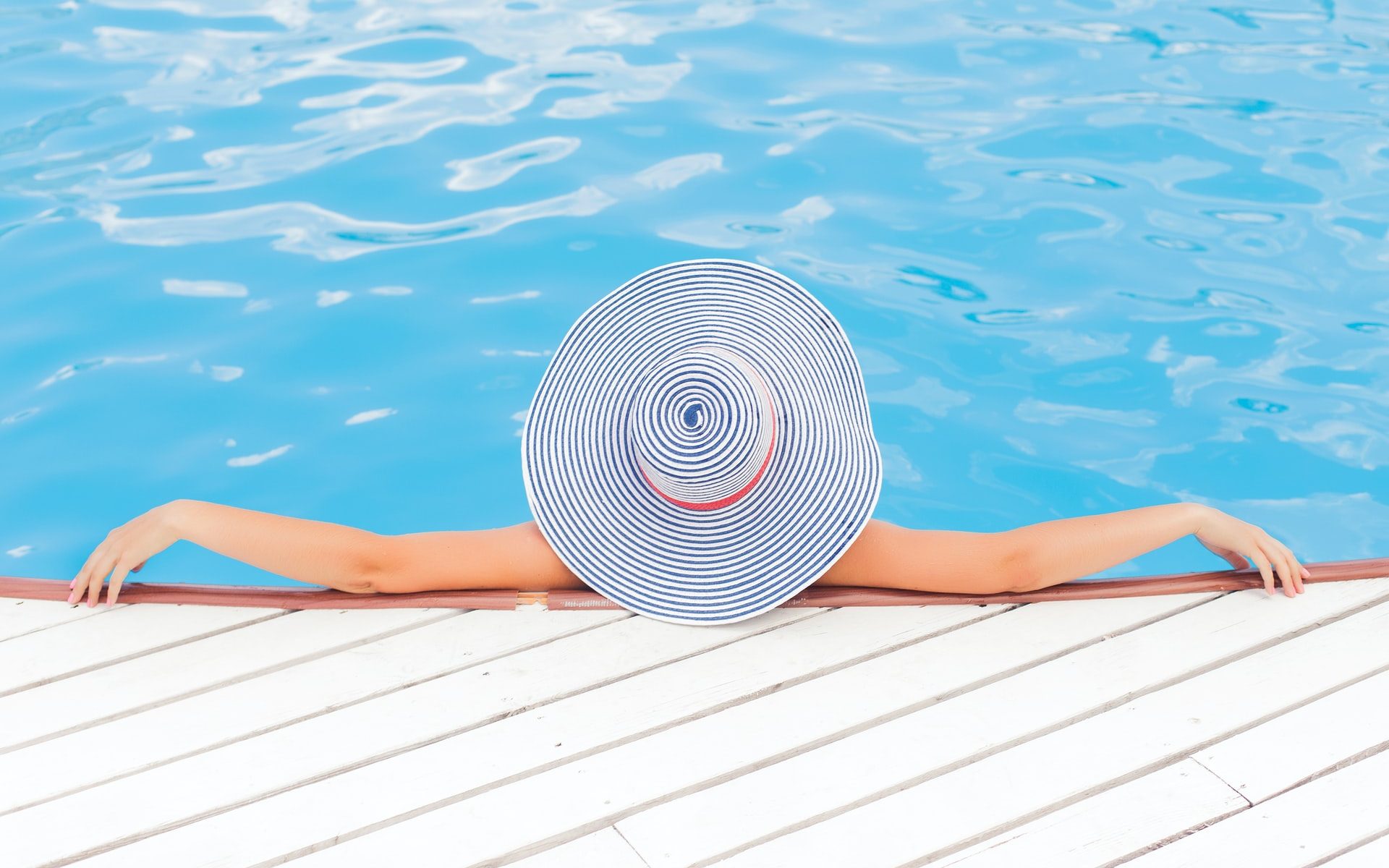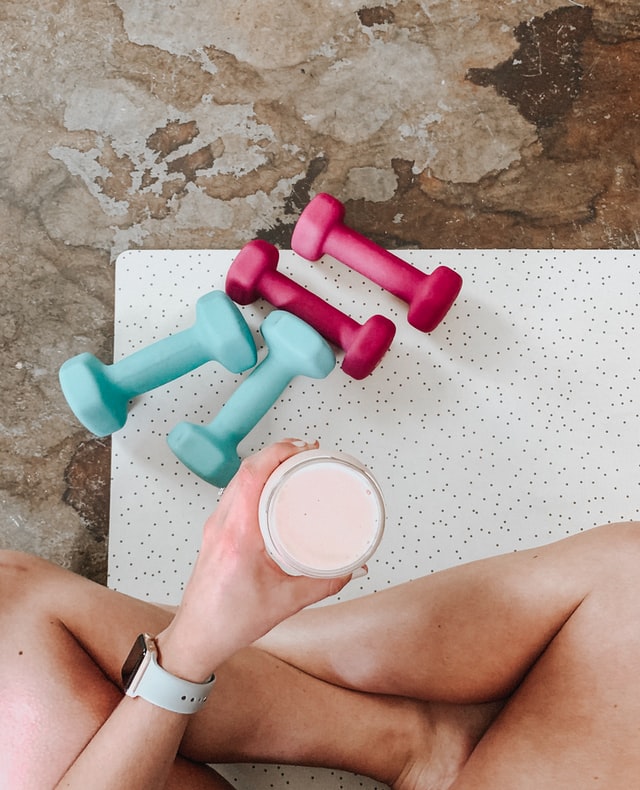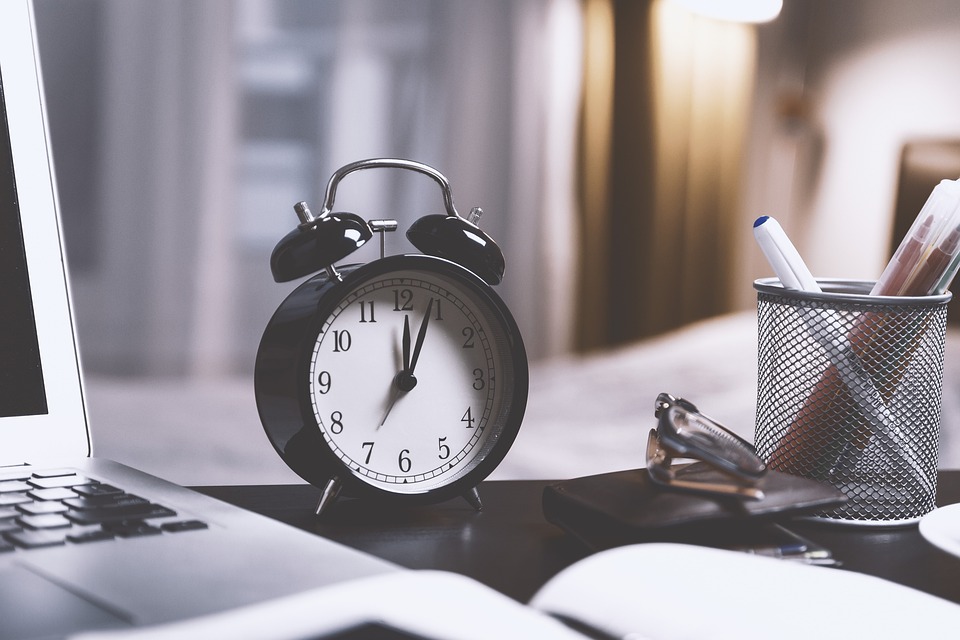As the summer heat starts to rise, people are beginning to uncover their pools and are starting to do more outdoor activities. Summer is such a great time to reconnect with nature and spend time with loved ones, however, it is important to keep your health in mind while spending hours in the summer heat. Below are five health mistakes to avoid this summer while you are gardening, hiking, or just soaking in the sun.
Dehydration
Being outside in elevated heat conditions can increase your chances for dehydration. To avoid the intense midday summer heat, you may want to consider outdoor exercise or other activities in the early morning or night. Make sure you are staying aware of how much you are sweating and are drinking plenty of fluids.
Ignoring Heat Stroke Symptoms
It is very important to know the signs of a heat stroke, as it is a serious condition and requires immediate medical attention. Some of the major symptoms of heat stroke include dizziness, nausea, absence of sweat, racing heart rate, cramps, confusion, headache, and fainting. If you or someone you know are showing signs of heat stroke, be sure to dial 911 immediately.
Extensive Fasting Periods
Many people begin or continue their weight loss journeys during the summer in order to reach their fitness goals before the end of the year. While this is a great goal to have, it is important to not go for extremely long periods without eating. In fact, fasting during the summer can put you at risk for lower blood pressure and sugar levels since they drop quicker than usual during this time.
Not Protecting Your Skin
It is important to protect your skin from excess sun exposure as well as bug bites and ticks. Be sure to apply sunscreen before spending an extended period of time outside, and make sure you are reapplying it multiple times throughout the day to protect yourself from sunburn. It is also important to protect your skin from bug bites and ticks during the warmer months. If you decide to go hiking, be sure to use bug repellant and remember to throw your clothes in the dryer when you arrive home. Throwing your clothes in the dryer can help rid your clothes of any potential ticks that may have come home with you. Be sure to do a thorough full-body check to make sure you don’t have any ticks already on you.
Careless Food Safety Procedures
When entertaining this summer, make sure you are practicing food safety procedures. A common mistake people make is eating food that has been sitting out for a long period of time. Bacteria thrives in warmer weather, so be sure to pop your food back in the refrigerator once you are done with it.
Dr. Barbara Edwards, Princeton internist practices at Penn Medicine Princeton Health in the Penn Medicine Princeton Medical Center and also serves as Medical Director of the Bristol-Myers Squibb Community Health Center.






